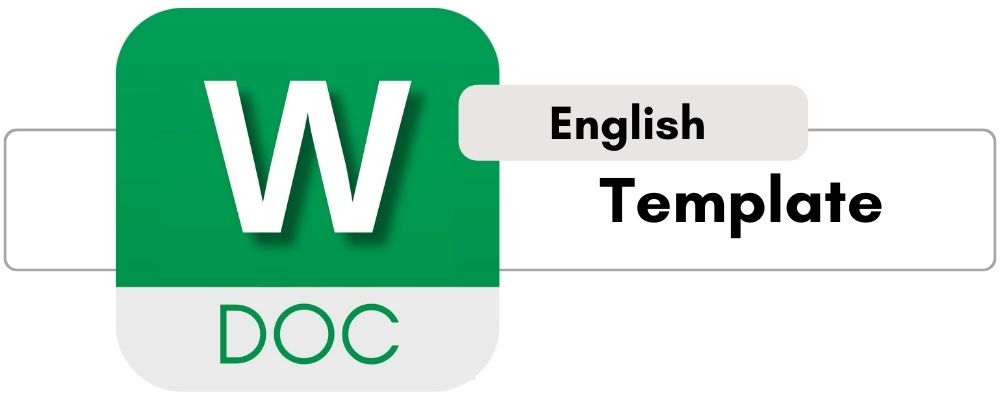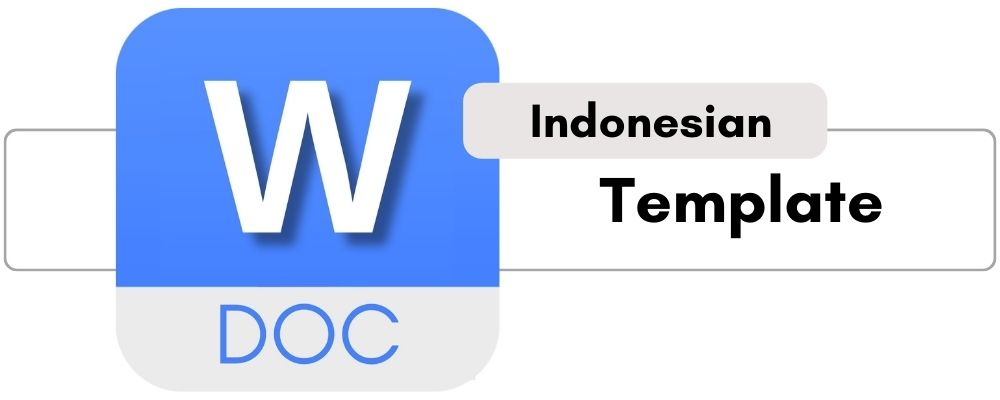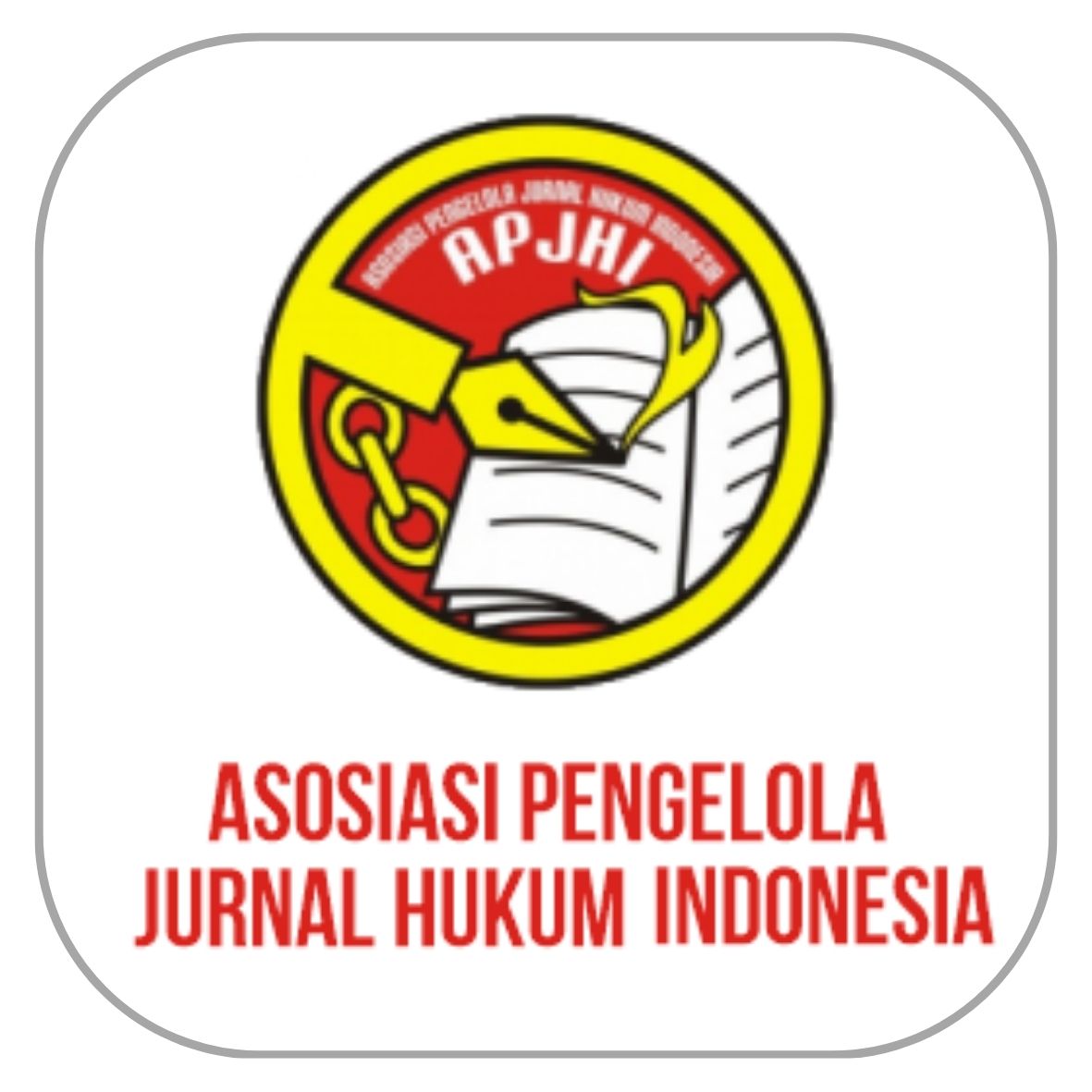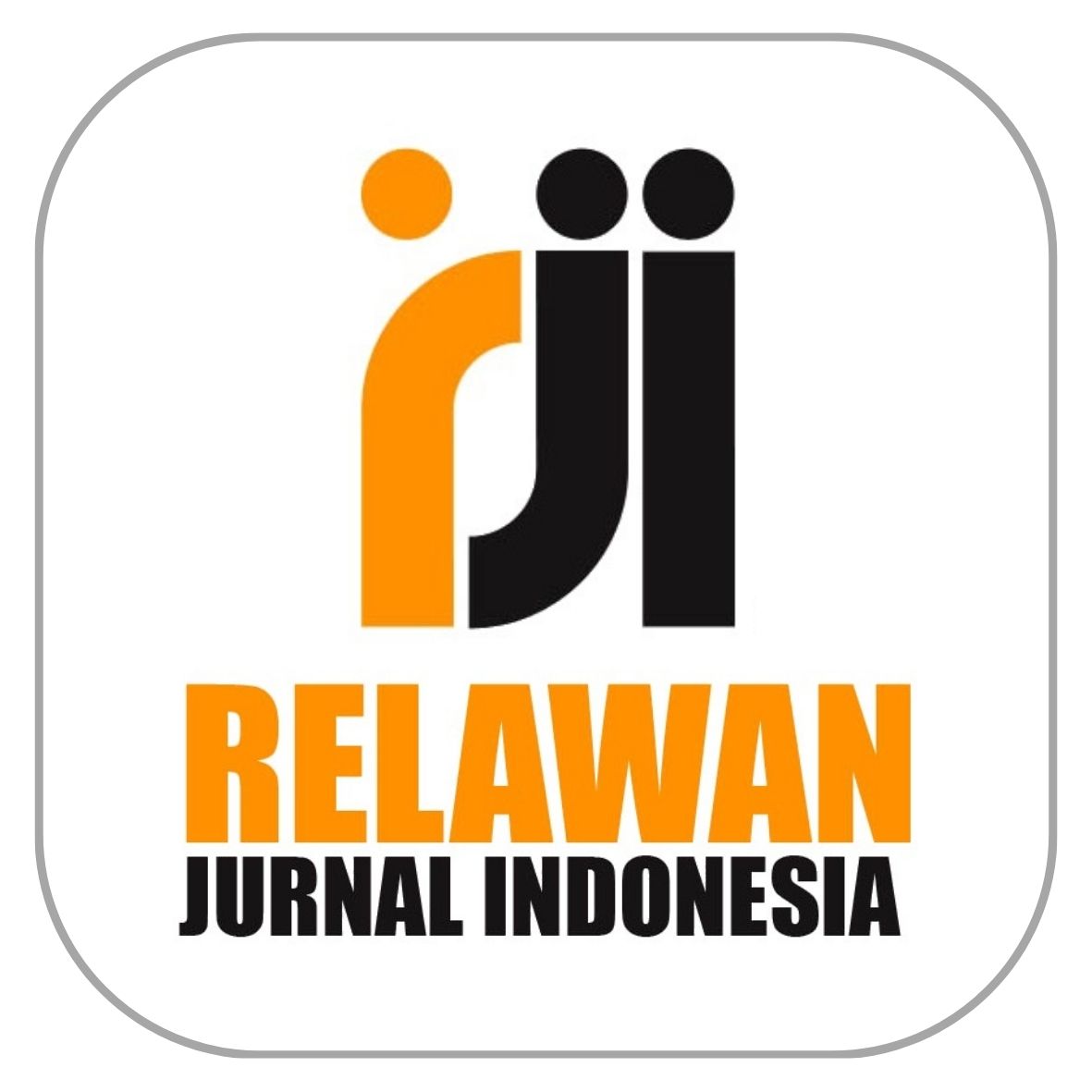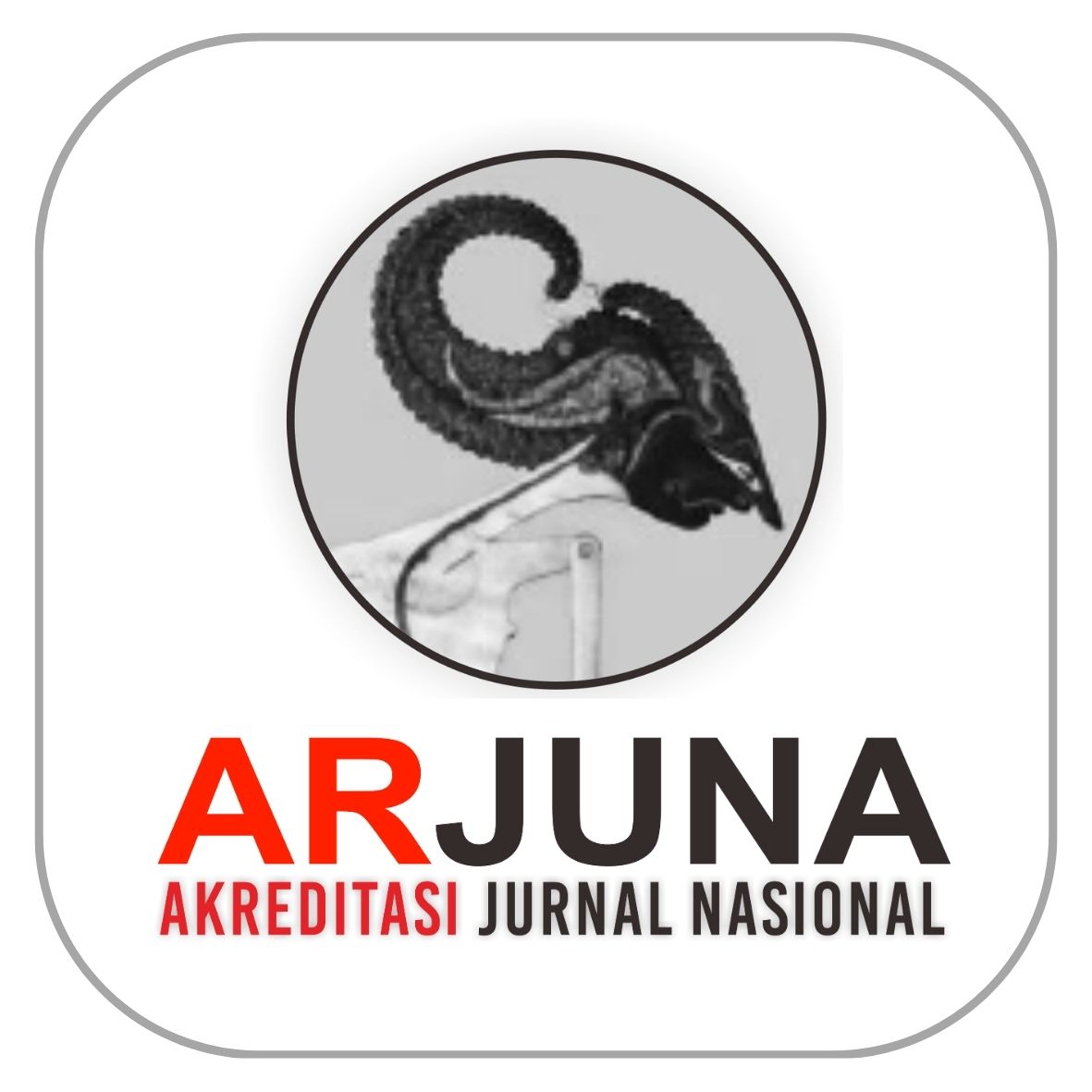Systematic Construction of Criminal Policy in the Defense Industry Law Partially Amended by the Job Creation Law
DOI:
https://doi.org/10.46257/jrh.v28i2.1030Keywords:
Administrative Crimes, Criminal Provisions, Defense IndustryAbstract
Criminal law issues strengthen the commonly used administrative law policies. However, the systematic construction of criminal provisions in a law has the potential to "disturb" the implementation process. This article analyzes the systematic construction of criminal provisions in Law No. 16 of 2012 concerning the Defense Industry, partially amended by Law No. 6 of 2023 concerning Job Creation. Qualitative research methods describe legal issues regarding criminal provisions using a normative juridical approach. The results found were that the systematic construction of the criminal provisions in a quo law was separate between the prohibition chapter and the formulation of the criminal offense. The addition of certain legal subjects has the juridical consequence of adding criminal articles to the Job Creation Law. The suggestion proposed is consistency in the formulation of the main article with the prohibition chapter.
Downloads
References
Dirkareshza, R., Ardiantor, A., & Pradana, R. (2021). Penafsiran Hukum (Legal Interpretations) Terhadap Undang-Undang Nomor 25 Tahun 2009 Tentang Pelayanan Publik. Reformasi Hukum, 25(2), 127–146. https://doi.org/10.46257/jrh.v25i2.202
Hensel, N. (2016). The Defense Industrial Base (0 ed.). Routledge. https://doi.org/10.4324/9781315615394
Arifin, Z., Suman, A., & Khusaini, Moh. (2019). Countertrade Mechanism of Global Arms Trade: Case Study of Indonesia. International Journal of Financial Research, 11(1), 307. https://doi.org/10.5430/ijfr.v11n1p307
Massa, T. (2022). The Possible Contribution of the Defence Industry to the Green Transition. In G. Iacovino & M. Wigell (Eds.), Innovative Technologies and Renewed Policies for Achieving a Greener Defence (pp. 85–94). Dordrecht: Springer Netherlands. https://doi.org/10.1007/978-94-024-2186-6_7
Bell, K., Price, V., McLoughlin, K., & Kojola, E. (2024). The necessity of a transformational approach to just transition: defence worker views on decarbonisation, diversification and sustainability. Environmental Politics, 33(2), 281–301. https://doi.org/10.1080/09644016.2023.2199661
Nugroho, A. (2022). Perkembangan Industri Pertahanan di Indonesia. JIIP - Jurnal Ilmiah Ilmu Pendidikan, 5(11), 4729–4733. https://doi.org/10.54371/jiip.v5i11.1073
Pratistita, M. W., & Irwan Triadi. (2023). Analisis Yuridis Peran Komite Kebijakan Industri Pertahanan Pasca Undang-Undang No. 6 Tahun 2023. Jurnal Hukum dan Sosial Politik, 1(4), 137–148. https://doi.org/10.59581/jhsp-widyakarya.v1i4.1357
Kamu, F., Bawole, H., & Maramis, M. (2023). Pemberlakuan Ketentuan Pidana Apabila Melakukan Tindak Pidana Di Bidang Industri Pertahanan. Lex Crimen, (3), 1–11.
Nurulloh, M. I., Simbolon, L., & Deksino, G. R. (2022). Membangun Akuntabilitas Industri Pertahanan Indonesia. Jurnal Education And Development, 10(2), 339–344.
Afifi, N. R. U., Jandhana, I., & Khaerudin. (2022). Perubahan Landasan Hukum Industri Pertahanan: Uu Industri Pertahanan Vs Omnimbus Law. Jurnal Education and …, 10(1), 223. https://doi.org/10.37081/ed.v10i1.3330
Susdarwono, E. T. (2019). Politik Hukum Ekonomi Pertahanan di Indonesia Tahun 2002-2018 : Kajian Industri Pertahanan. Hukum dan Masyarakat Madani, 9(1), 12. https://doi.org/10.26623/humani.v9i1.1442
Manao, D. F. (2018). Penyelesaian Penyalahgunaan Wewenang oleh Aparatur Pemerintah Dari Segi Hukum Administrasi Dihubungkan Dengan Tindak Pidana Korupsi. Jurnal Wawasan Yuridika, 2(1). https://doi.org/10.25072/jwy.v2i1.158
Sodikin. (2020). Paradigma undang-undang dengan konsep Omnibus Law Berkaitan Dengan Norma Hukum Yang Berlaku Di Indonesia. Rechtsvinding, 9(April), 143–160. http://dx.doi.org/10.33331/rechtsvinding.v9i1.393
Silalahi, U. (2012). Metode Penelitian Sosial. (A. Gunarsa, Ed.). Bandung: Refika Aditama.
Soekanto, S. (1986). Pengantar Penelitian Hukum. UI Press.
Priyanta, M. (2015). Pembaruan dan Harmonisasi Peraturan Perundangundangan Bidang Lingkungan dan Penataan Ruang Menuju Pembangunan Berkelanjutan. Hasanuddin Law Review, 1(3), 337. http://dx.doi.org/10.20956/halrev.v1i3.113
Junianto, J. D. (2020). Obstruction of Justice dalam Pasal 21 Undang-Undang No. 31 Tahun 1999 Tentang Pemberantasan Tindak Pidana Korupsi. Media Iuris, 2(3), 335. https://doi.org/10.20473/mi.v2i3.15208
Shidarta. (2019). Penguasaan Keterampilan Menganalisis Struktur Norma. Binus Education. http://dx.doi.org/10.13140/RG.2.2.17804.03201
Utoyo, M., & Afriani, K. (2020). SENGAJA dan TIDAK SENGAJA dalam Hukum Pidana Indonesia. Lex Librum : Jurnal Ilmu Hukum, 7, 75. http://dx.doi.org/10.46839/lljih.v0i0.298
Fadlian, A. (2020). Pertanggungjawaban Pidana Dalam Suatu Kerangka Teoritis. Jurnal Hukum Positum, 5(2), 10–19.
Leasa, E. Z. (2020). Eksistensi Ancaman Pidana Mati Dalam Tindak Pidana Korupsi Pada Masa Pandemik Covid-19. Jurnal Belo, 6(1), 73–88. https://doi.org/10.30598/belovol6issue1page73-88
Maroni. (2015). Pengantar Hukum Pidana Administrasi. Lampung: Anugrah Utama Raharja (AURA).
Arief, B. N. (2003). Kapita Selekta Hukum Pidana. Bandung: Citra Aditya Bakti.
Salet, R., & Terpstra, J. (2024). Conflicting institutional logics in the control of crime and disorder: The double strategy of administrative and criminal law. Criminology & Criminal Justice, 24(2), 489–506. https://doi.org/10.1177/17488958221112061
Naibaho, N., Harkrisnowo, H., Ar, S., & Wibisana, A. (2021). Criministrative Law: Developments And Challenges In Indonesia. Indonesia Law Review, 11(1). https://doi.org/10.15742/ilrev.v11n1.647
Arianing Arrum, D. (2019). Kepastian Hukum Dalam Perizinan Berusaha Terintegrasi Secara Elektronik (Online Single Submission) di Indonesia. Jurist-Diction, 2(5), 1631–1654. https://doi.org/10.20473/jd.v2i5.15222
Rusdiana, E. (2023). Pemenuhan Perumusan Dan Penyelenggaraan Hukum Pidana Pada Pelanggaran Pajak Demi Pencapaian Tujuan Peraturan Perundang-Undangan Perpajakan. Jurnal Suara Hukum, 4(1), 39–61. https://doi.org/10.26740/jsh.v4n1.p39-61
Dwiyono, A., Andreas Navalino, R. D., Yudho Prakoso, L., Manukallo Danga, C., & Widyastuti Wulaningsih, R. (2023). Strategi Pertahanan Ekonomi Indonesia: Sengketa Perdagangan Internasional Nikel. Journal of Economics and Business UBS, 12(3), 1830–1838. https://doi.org/10.52644/joeb.v12i3.256
Fasini, A. B. I., & Safari, A. T. (2020). Analisis Peranan Petugas Administrasi Penyidikan Dalam Penyidikan Tindak Pidana Kepabeanan dan Cukai. Jurnal BPPK : Badan Pendidikan dan Pelatihan Keuangan, 13(1). https://doi.org/10.48108/JURNALBPPK.V13I1.489
Amir, S. S., Nursadi, H., & Sari, I. M. (2022). Implikasi yang timbul dalam kemudahan penerbitan perizinan berusaha berdasarkan peraturan pemerintah nomor 5 tentang perizinan berusaha berbasis risiko. Jurnal Pemikiran dan Penelitian Ilmu-ilmu Sosial, Hukum, & Pengajarannya, XVII(1), 8–24. https://doi.org/10.26858/supremasi.v17i1.31731
Arief, B. N. (2010). Bunga Rampai Kebijakan Hukum Pidana Perkembangan Penyusunan Konsep KUHP Baru. Jakarta: Kencana Prenada Media Group.
Jaune, R. (2020). Criminal and administrative rules in the fight against corruption: The influence of foreign and international standards [Règles pénales et administratives de la lutte anticorruption : l’influence des normes étrangères et internationales]. Revue française d’administration publique, N° 175(3), 645–659. https://doi.org/10.3917/rfap.175.0645
Sysoiev, D., Pidbereznykh, I., Mazur, H., Tellis, S., & Vandin, Y. (2024). Administrative law mechanisms for preventing and countering corruption in the field of territorial defence. Sapienza: International Journal of Interdisciplinary Studies, 5(4), e24069. https://doi.org/10.51798/sijis.v5i4.859
Messick, R. E. (2014). Policy considerations when drafting conflict of interest legislation. In J.-B. Auby, E. Breen, & T. Perroud (Eds.), Corruption and Conflicts of Interest. Edward Elgar Publishing. https://doi.org/10.4337/9781781009352.00015
Suárez Díaz, Y. Y., & Sierra Gómez, C. D. (2023). Legal analytics perspective of bribery modalities: Giving or offering and transnational bribery [Perspectiva analítico-jurídica das modalidades do delito de suborno: por dar ou oferecer e suborno internacional]. Estudios de Derecho, 80(175). https://doi.org/10.17533/udea.esde.v80n175a02
Downloads
Published
Issue
Section
License
Copyright (c) 2024 Wira Iqomudin Akhyar, G. Royke Deksino, Jupriyanto Jupriyanto

This work is licensed under a Creative Commons Attribution 4.0 International License.

























